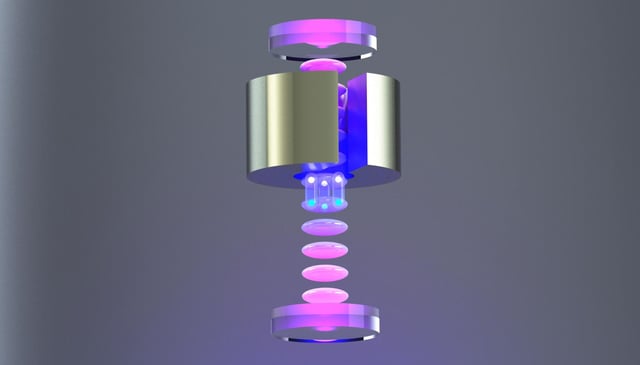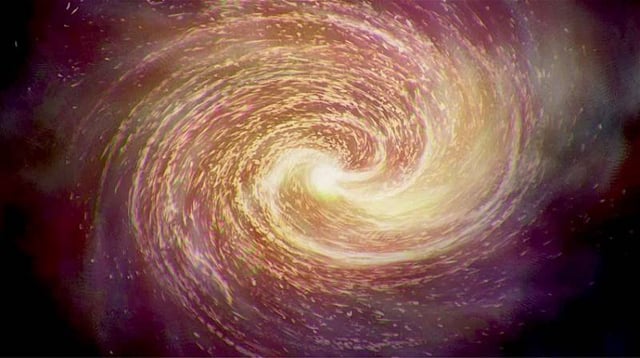Overview
- Physicists at UC Berkeley have developed an advanced atom interferometer for precise gravity measurements.
- The new instrument can hold atoms in place for up to 70 seconds, significantly longer than previous experiments.
- This advancement allows for more accurate tests of theories involving dark energy and hypothetical particles like chameleons.
- Despite no deviations from Newtonian gravity yet, the technology paves the way for future discoveries.
- Potential applications include quantum sensing technologies like advanced gyroscopes and accelerometers.

